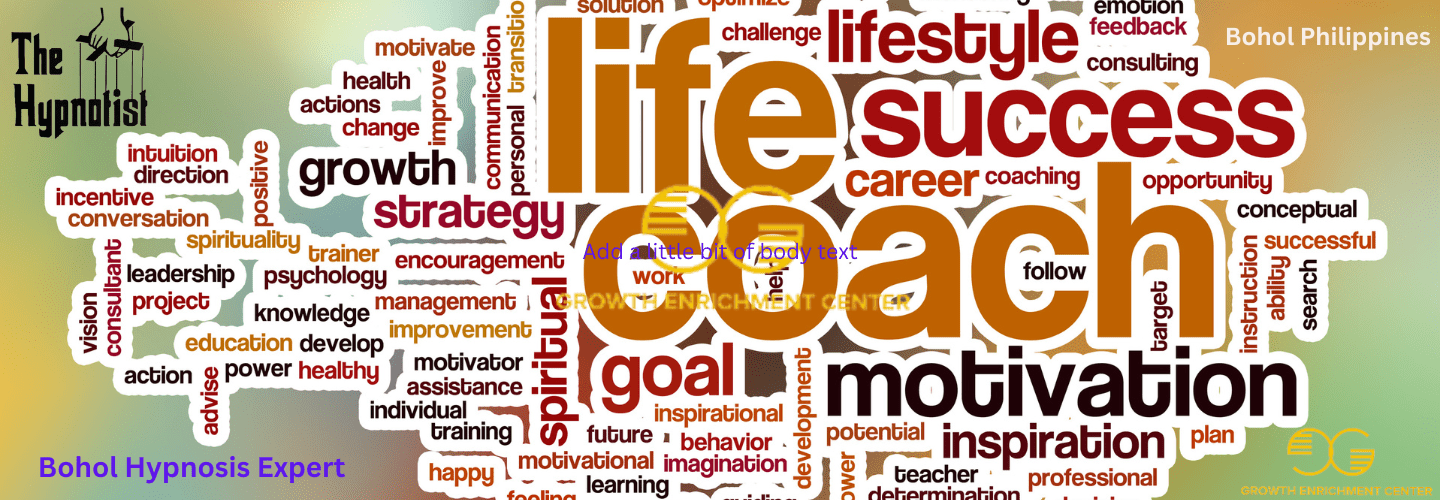
Hypnosis, EFT, and NLP are effective tools for overcoming the fear or phobia of vomiting. These techniques address deep-seated anxieties, providing lasting relief. Hypnosis offers relaxation and empowers individuals to challenge triggers. EFT rebalances energy and manages phobias practically. NLP reshapes thoughts and fosters positive associations. The holistic approach of combining these methods tackles fears thoroughly. Rest assured, these strategies offer valuable solutions for conquering the distress of emetophobia.
Understanding the Fear of Vomiting
Understanding the fear of vomiting requires delving into the essential psychological factors that contribute to this specific phobia. For many individuals, the fear of vomiting, known as emetophobia, can stem from various causes such as past traumatic experiences, anxiety disorders, or a sense of lack of control. Coping mechanisms used by individuals with this fear may include avoidance behaviors, such as avoiding certain foods or situations that could potentially lead to vomiting, or seeking reassurance from others to alleviate their anxiety. These coping mechanisms, while providing temporary relief, can reinforce the fear over time and hinder long-term resolution.
It is vital to address the root causes of the fear of vomiting to effectively overcome this phobia. By working with trained professionals using techniques like hypnotherapy, Emotional Freedom Techniques (EFT), or Neuro-Linguistic Programming (NLP), individuals can explore and reframe the underlying beliefs and experiences contributing to their fear. These therapeutic approaches can help individuals develop healthier coping mechanisms, build resilience, and ultimately reduce or eliminate their fear of vomiting.
Benefits of Hypnosis for Phobias

Investigating the therapeutic domain of hypnosis reveals a potent avenue for addressing phobias with profound benefits, providing individuals a transformative path towards overcoming their deepest fears.
Hypnosis offers a range of benefits for individuals struggling with phobias. Through relaxation techniques embedded in hypnotherapy sessions, individuals can achieve a state of deep relaxation, enabling them to confront and reframe their fears in a safe environment.
By delving into the subconscious mind, hypnosis can help identify and address the underlying mental triggers that contribute to phobias, leading to long-lasting relief. This process allows individuals to gain insights into the origins of their fears and empowers them to challenge and change their thought patterns.
Additionally, hypnosis can assist in desensitizing individuals to their phobic stimuli, gradually reducing the intensity of their fear responses. Overall, hypnosis serves as a powerful tool in helping individuals overcome phobias by fostering a sense of control, resilience, and empowerment in the face of their deepest fears.
EFT Techniques for Fear Relief

Utilizing EFT techniques can offer individuals an effective and holistic approach to alleviate fears and phobias by addressing the underlying emotional components. EFT, or Emotional Freedom Techniques, involves tapping on specific meridian points on the body while focusing on the fear triggers or negative emotions associated with the phobia. This process aims to rebalance the energy system and rewire the brain's response to these triggers.
One of the key aspects of EFT applications for fear relief is its ability to target the root causes of the phobia, which are often deeply embedded in past experiences or traumas. By acknowledging and addressing these emotional components through tapping, individuals can release the fear that has been holding them back.
Moreover, EFT techniques provide individuals with a practical tool they can use on their own whenever they encounter fear triggers. This empowers individuals to manage their phobias in real-time, promoting a sense of control and reducing the intensity of their fear responses.
NLP Strategies for Overcoming Phobias

To further enhance the process of overcoming phobias, implementing Neuro-Linguistic Programming (NLP) strategies offers individuals powerful tools to reframe their thought patterns and behaviors associated with fear responses. NLP techniques focus on understanding how individuals perceive the world and how these perceptions influence their thoughts and actions. Here are five key NLP strategies for overcoming phobias and managing fear:
- Anchoring: Creating a mental anchor to trigger a positive emotional state when encountering a fear-inducing situation.
- Reframing: Changing the way a person views a situation to alter their emotional response.
- Visualizations: Using guided imagery to desensitize individuals to their fears and create new positive associations.
- Language Patterns: Recognizing and shifting negative language patterns that contribute to fear responses.
- Submodalities: Exploring and modifying the sensory components of memories to reduce the intensity of associated fears.
Integrating Hypnosis, EFT, and NLP

Integrating hypnosis, EFT, and NLP offers a thorough approach to addressing and resolving deep-seated fears and phobias by leveraging the power of the mind-body connection. This holistic approach recognizes that our thoughts, emotions, and physical experiences are interconnected, influencing one another in profound ways.
By combining hypnosis, EFT (Emotional Freedom Techniques), and NLP (Neuro-Linguistic Programming), individuals can tap into the subconscious mind, release negative emotions, reframe limiting beliefs, and reprogram thought patterns to create lasting change.
Hypnosis, with its ability to access the subconscious mind, can help uncover the root cause of fears and phobias, allowing individuals to address them at their core. EFT, a form of psychological acupressure, works by tapping on specific meridian points to release emotional distress and promote a sense of calm. NLP techniques enable individuals to rewire their thought processes, replacing fear-based responses with more empowering beliefs and behaviors.
Frequently Asked Questions
Can Hypnosis, Eft, and NLP Be Used to Treat Other Types of Phobias or Fears?
Anxiety management and stress relief techniques such as hypnosis, EFT, and NLP can effectively address various phobias or fears. These methods aid in confidence building and self-empowerment, offering individuals tools to overcome their challenges.
Are There Any Potential Side Effects or Risks Associated With Using Hypnosis, Eft, or NLP for Phobia Treatment?
When considering potential risks and adverse effects associated with any form of therapy, it is essential to conduct a thorough assessment of individual health conditions and mental states. Professional guidance and monitoring can help mitigate any possible side effects.
How Long Does It Typically Take to See Results When Using Hypnosis, Eft, and NLP for Phobia Resolution?
Success timelines when utilizing these techniques for phobia resolution vary based on individual factors. Client feedback often indicates positive changes within a few sessions. Therapist experience and case studies suggest significant improvements can be observed within a few weeks of consistent therapy.
Are There Any Specific Qualifications or Certifications to Look for in a Practitioner Offering Hypnosis, Eft, or NLP for Phobia Treatment?
When seeking practitioners for phobia treatment, look for those with recognized qualification standards, extensive training programs, and relevant certifications. Assess their expertise, experience, and client reviews to guarantee effective and safe therapeutic outcomes.
Can These Techniques Be Used in Combination With Traditional Therapy or Medication for Phobia Treatment?
Complementary approaches like hypnosis, EFT, and NLP can enhance traditional therapy and medication in treating phobias. Integrative therapy offers a holistic approach that addresses mental and physical aspects, supporting individuals in overcoming fears effectively and efficiently.
Conclusion
To wrap up, the combination of hypnosis, EFT, and NLP offers a powerful approach to resolving the fear of vomiting. By addressing the root causes of the phobia and implementing targeted techniques, individuals can experience relief and overcome their fear.
This integrated approach is like a three-legged stool, providing stability and support for those seeking to break free from the grip of their phobia.
Take the Next Step
Do not be afraid to reach out to me, Mark E Wilkins, to assist you in any issues you might have. Most Hypnotherapy sessions last 2 hours and EFT Sessions are usually handled with one session. Life Coaching is 45 minute session, once a week. Self-Hypnosis is taught in one session, and lasts a lifetime.
To make an appointment, first listen to the Pre-talk and fill out he Complementary Healthcare Provider Disclosure. The use the Contact Form to request an appointment with the Bohol Hypnosis Expert.
Self-help downloads are available. The self-hypnosis program to teach you how to self-hypnotize is here.





